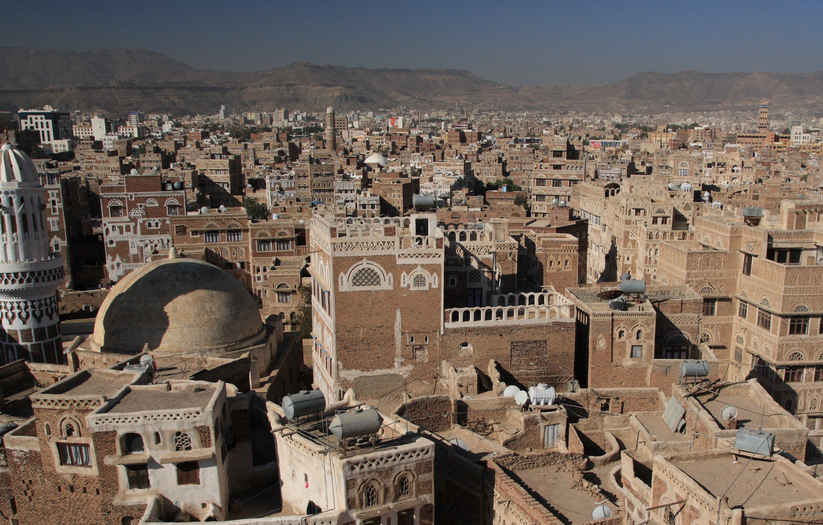As the political crisis in Yemen intensifies following a Houthi takeover that some in the Gulf are calling a “coup,” two recent essays provide useful analysis on the serious challenges facing Saudi Arabia and its new King Salman.
Writing for the Carnegie Endowment for International Peace blog, Khaled Fattah discusses the current situation in Yemen and why Saudi Arabia’s options and leverage in Sanaa, Yemen’s capital, are limited.
“The Houthi takeover of Sanaa, the Ahmar family’s loss of influence, and damaged ties with the Islah party—which brings together a broad range of Yemen’s Sunni Islamists—left Saudi Arabia with little influence in the Yemeni capital. Saudi Arabia has few options now but to engage with the Houthis, who are currently the most cohesive political and military force in Yemen. Riyadh is alarmed not just because this might impact the regional Saudi-Iranian balance of power, but mainly because the Houthi takeover has direct implications for the kingdom’s national security,” Fattah writes.
Expert and analyst Fahad Nazer, writing in late January in Foreign Affairs, also noted the loss of leverage for Saudi Arabia in Yemen and discussed the regional implications for King Salman:
“For the Saudis, the change of power within Yemen may weaken the leverage they once had with Sanaa and signals the growth of an even larger threat: Iran.”
Later in the same Foreign Affairs piece, Nazer wrote that the comparison between Yemen, which shares a long border with Saudi Arabia, and Syria deserves examination. “Both countries suffer from long-standing tribal and sectarian strife, competing factions that receive external support from enemy countries, a loss of control by the central government over vast territories, and the presence of terrorist groups. In Yemen, AQAP is trying to exploit Sunni grievances, much like the Islamic State of Iraq and al-Sham (ISIS). All these factors will make it difficult for Saudi Arabia’s new leader, King Salman, to decide how he will handle Yemen’s new leadership. But for the Saudis, the most dangerous common denominator among all these grievances is Iran.”









